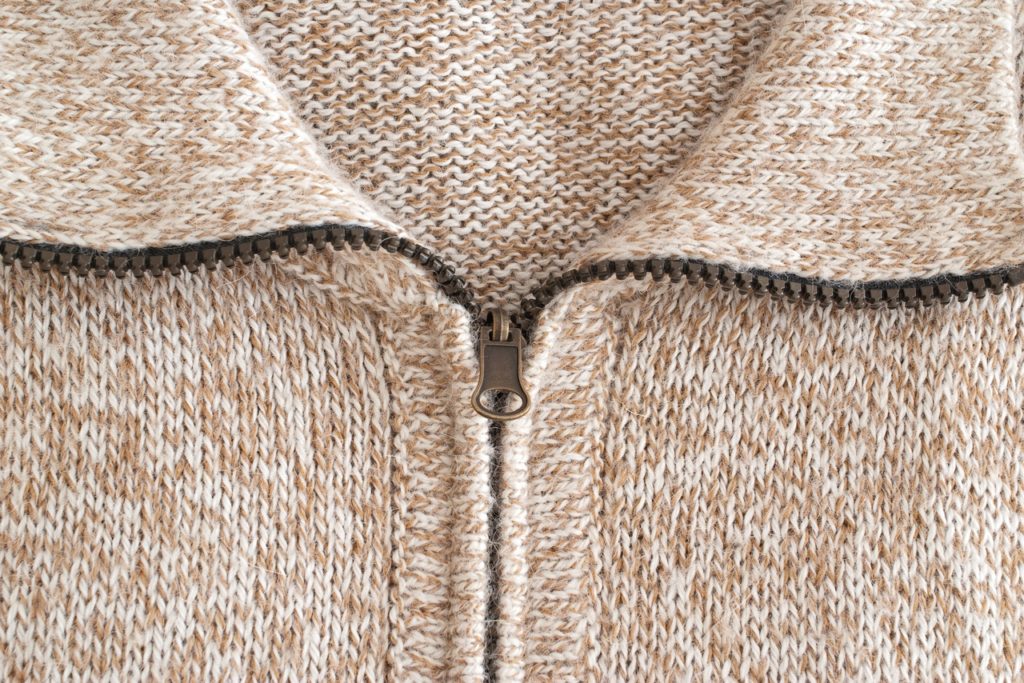Best Reasons On Choosing Hemp Clothing
Wiki Article
Why Is Hemp Stronger, More Biodegradable And More Regenerative Than Cotton?
Hemp, due to its natural properties and the way that it is grown is thought to be more durable and renewable than cotton. Here's why- Biodegradability-
Natural Fiber- Hemp fibers are an organic plant that can be biodegradable. Fabrics and clothes made of hemp degrade over time. The waste is then returned to the earth with no permanent consequences. It is a striking contrast to synthetic fibers including polyester that can take a number of years to decompose.
Hemp textiles are devoid of chemical additives and synthetic chemicals that can affect biodegradability. Some cotton textiles are, however might have been treated using synthetic chemicals such as finishing and dyes that slow down biodegradation.
Durability-
Hemp is well-known for its strength and durability. Fabrics and clothes made from hemp tend to be less likely get damaged, and last for longer than some cotton products. The strength of hemp clothing indicates that it will withstand longer wear and washing cycles before degrading.
Hemp fabric is more resistant to pilling than cotton. This is a factor that contributes to their longevity as well as overall quality.
Regenerative Agriculture-
Soil Health- Hemp cultivation can be regenerative when used responsibly. Hemp has a deep root system which can help keep soil from compaction and erosion and can also enhance soil health by aerating soil and enhancing the activity of microbial. This regenerative feature will make the soil suitable for future cropping.
Low environmental impact- Sustainable hemp cultivation techniques require the use of minimal pesticides. Contrary to conventional cotton farming, the chemical use can lead to soil degrading and pollution of the water.
Water Efficiency-
Hemp requires less water to development than cotton. Due to its drought-resistant properties hemp can thrive with little irrigation or rain. This makes it a better choice in areas that have limited water resources like those that are dry.
Hemp can be easily incorporated in crop rotations to improve the soil's health. It can also reduce the risk for disease accumulation and soil depletion. Cotton farming is not as prone to the effects of crop rotation.
Versatility- Hemp is a great material for a wide range of applications like clothes, textiles papers, paper, building materials and many more. Hemp is grown in numerous ways that include renewable and sustainable.
It's important that you know hemp is a wonderful product, but it can be a problem if it is not sustainable, based on the farming and processing practices. Select hemp products that are produced using ethical and sustainable practices to reap the maximum environmental advantages. In the same way using organic cotton can help alleviate some environmental concerns related to traditional cotton production. Follow the top recommended site on hemp clothing for more examples including wholesale hemp fabric, mens hemp t shirts, patagonia hemp jacket, hemp shirts mens, hemp and cotton fabric, patagonia hemp vest, hemp jacket, hemp yoga pants, organic hemp fabric, nomad hemp clothing and more.

How Can Hemp Be Used To Improve The Carbon Sequestration Process And Sustainably?
Hemp fibers are a major contributor to carbon storage, sustainability, and crop rotation in a variety. This makes them a good choice for textile and agricultural production.
Hemp is a very fast-growing plant. It matures in as little as 70 to 120 days dependent on the type of plant and the conditions. In order to speed up their growth hemp plants take in CO2 from the atmosphere as part of photosynthesis. This carbon uptake can contribute significantly to carbon sequestration through cutting down the amount of CO2 in the air.
Hemp has a significant biomass production. The tall stalks as well as the thick leaves of the plant generate an abundance of organic matter. If the biomass is put into soil or utilized in various applications, it can contribute towards the accumulation of organic matter and carbon.
Sustainability:
Hemp crops need lesser herbicides and pesticides when compared with other crops, like cotton. Natural resistance to disease and pests minimizes the need for chemical. Particularly, organic hemp farming emphasizes sustainable practices, since it doesn't use synthetic chemicals.
Water Efficiency- Hemp is a relatively water-efficient crop that can thrive even without irrigation, particularly in comparison to other water-intensive crops like conventional cotton. This makes it more viable in regions where water is scarce.
Hemp roots are long and may assist in improving the soil's quality. His roots can help prevent soil erosion through stabilizing soil structure and decreasing runoff. Hemp can enhance soil microbial activity. This helps to improve soil nutrient cycle and fertility.
Hemp may be included in the rotation of crops. Crop rotation is the process of rotating between different crops on the same field. This practice can break the cycle of diseases and pests, reduce soil depletion and improve soil structure. Hemp's contribution to crop rotation helps sustain farming practices.
Rotation of the crop
Hemp is a good choice to include in the rotation of crops along with other crops such as legumes, grains or even vegetables. This helps farmers maintain the soil's quality and reduce the chance of diseases, pests and other problems related to crop and help promote a healthy process of nutrition.
The deep roots of hemp can penetrate the soil and aerate it, reducing compaction. It also increases the amount of water that is absorbed. After a hemp crop is harvested, the soil's structure will be improved and helps later crops in the succession.
Hemp fibers are an excellent option for crop rotation because due to their speedy growth rate, their the high yield of biomass, their low chemical needs, water efficiency, positive impact on soil health, and compatibility. These characteristics make hemp production an environmentally sustainable and regenerative agricultural practice. The fibers that result can be utilized for textiles and other environmentally friendly applications. Check out the recommended hemp clothing for more examples including hemp sweatshirt, hemp clothing womens, hemp tank top, patagonia ranch jacket, hemp wear, hemp sweatpants, hemp apparel, hemp shirts, clothes made from hemp, hemp apparel and more.

What outdoor activities is bamboo-based clothing revoltionising?
Bamboo clothing is changing the way we dress for many outdoor activities. Its unique blend of comfort, performance and sustainability has made it a top option for many. Here are some outdoor activities where bamboo-based clothing can make a major impact: Hiking
Why? Bamboo-based clothing provides excellent moisture-wicking characteristics which keep the hiker cool and dry. Its breathability helps regulate body temperature when hiking in a variety of weather conditions. Additionally the softness and ease bamboo fabric reduces the risk of chafing or irritation.
Trail RunningTrail Running
Why is that bamboo's moisture wicking and breathability are crucial for runners on trails who work hard in demanding environments. It keeps runners cool and dry to avoid chafing and discomfort when they work out hard.
Camping-
Bamboo clothing is appropriate for camping as it's comfortable to wear all day long. Its softness, and water-wicking capabilities, help campers stay warm and dry at the campsite, no matter if they're putting up tents and cooking, or just lounging in front of the flame.
Backpacking-
Backpackers can handle different weather conditions with lightweight, moisture wicking clothing. Bamboo-based clothing is comfortable, flexibility, and the capability to regulate your body temperature. It is an excellent option for backpacking.
Climbing-
Why- Climbers appreciate bamboo clothing due to its elasticity and freedom of movement. Bamboo's moisture-wicking properties help clothing keep climbers dry and comfortable during the physically strenuous ascents. Bamboo's softness can also decrease the possibility of skin irritation caused by harnesses and equipment.
Mountain Biking
Mountain bikers need to wear clothing that is breathable and moisture wicking so that they can remain comfortable on their long rides. Bamboo-based clothing is perfect for mountain biking as it regulates temperature as well as manages humidity.
Yoga as well as Outdoor Fitness-
Why Bamboo's flexibility its softness and moisture-wicking qualities makes it an ideal option for yoga as well as exercises outdoors. It allows for a full range of motion, and makes it easy for people to stay comfortable during exercises.
Fishing-
The reason why fishermen choose bamboo clothes for their comfort and ability to wick away water, particularly after spending many hours on the ocean. Bamboo clothes keep them dry and helps regulate their body temperature, which reduces irritation and discomfort.
Travel and Adventure Travel
Why- Bamboo-based clothes are appropriate for people who want to explore different climates. The adaptability as well as the comfort and rapid drying characteristics of bamboo clothes make it an ideal choice for adventure travelers who are concerned about luggage size and weight.
Sustainability-Focused Activities-
Whydo outdoor people who are committed to sustainability and eco-consciousness choose bamboo-based clothing because of bamboo's environmental footprint. The clothing is compatible with those who seek to lessen the environmental impact of outdoor activities.
Bamboo-based clothing enhances outdoor activities with ease and the control of moisture, temperature and environmental sustainability. Bamboo clothing is adaptable, making it ideal for a variety of outdoor activities. See the best basics for bamboo clothing for blog tips including halloween bamboo pajamas, bamboo yoga wear, bamboo shirts wholesale, bamboo button down shirts, bamboo clothing leggings, kyte pajama, bamboo shirts wholesale, bamboo t shirts mens, bamboo pajama pants, bamboo under wear and more.
